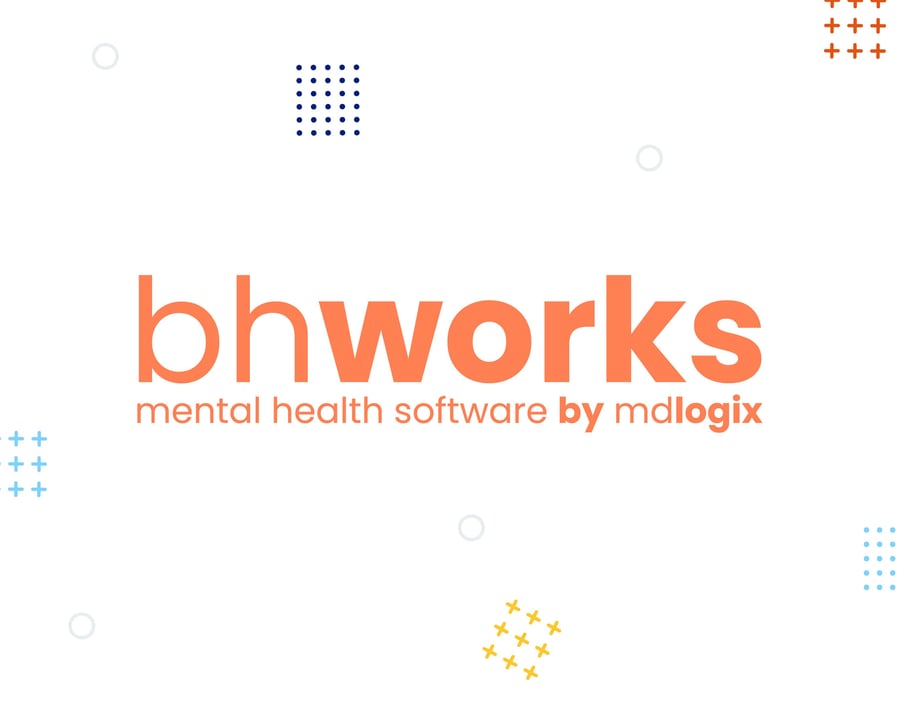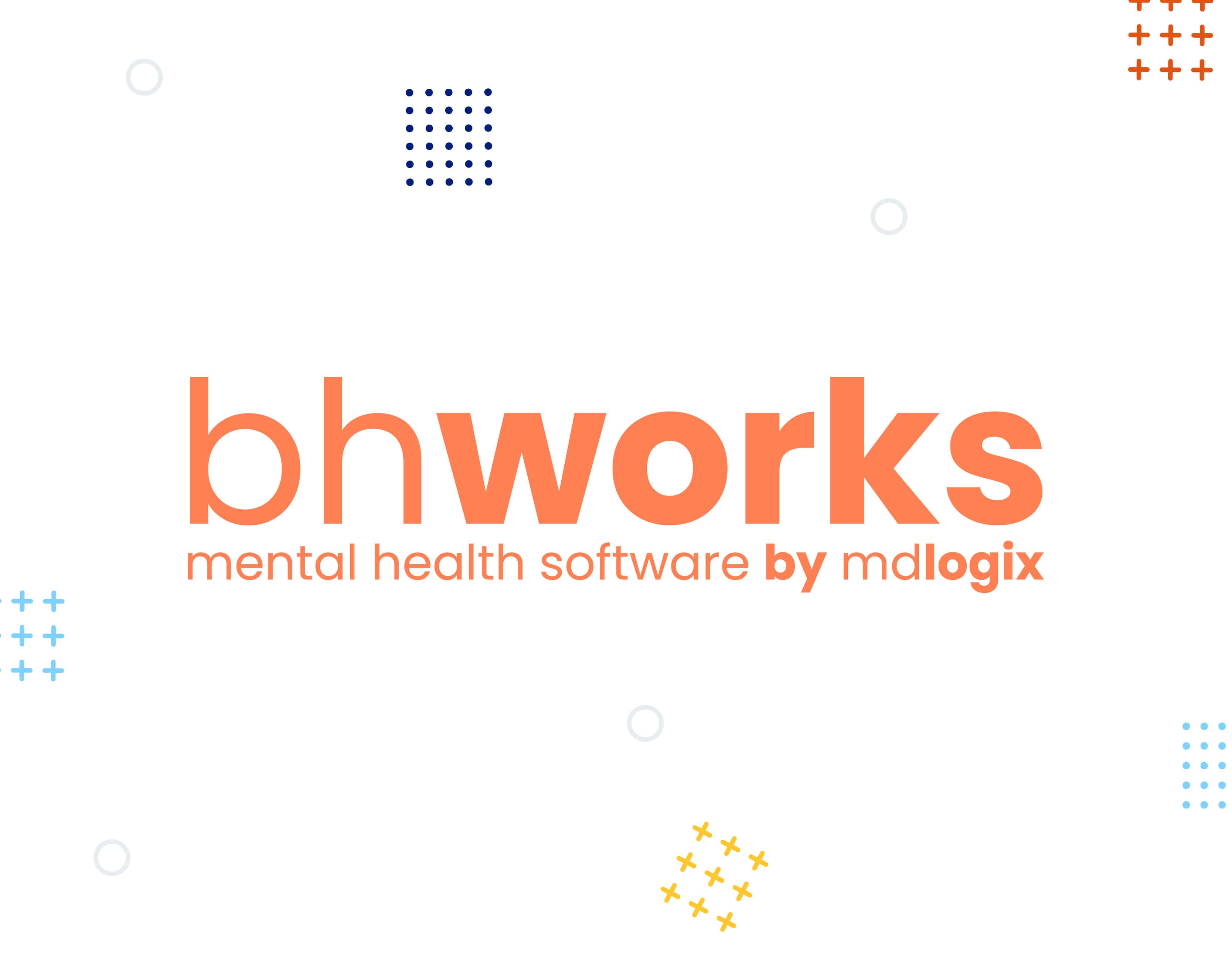mdlogix Joins Indiana Rural Opioid Consortium
Innovative ways to bring relief to the opioid epidemic are underway in Indiana, a state that has seen a 500 percent increase in drug poisoning deaths since 1999. The mdlogix team is pleased to contribute to these efforts as a member of the Indiana Rural Opioid Consortium (InROC), a network of providers and community-based organizations committed to improving short and long-term outcomes for people suffering from opioid use disorder (OUD). Amnah Anwar, epidemiology specialist for the Indiana Rural Health Association, will serve as director of the program. Funded by a grant from the U.S. Health Resources and Services Administration (HRSA), the consortium will use evidence-based models (i.e. Vermont Hub & Spoke, Project ECHO, Measurement-Based Care) to create a learning health system that helps communities better address this complex problem that is devastating families across the country.
The consortium includes a variety of organizations and will support clinicians and staff who are treating people with opioid use disorder, as well as community efforts to promote access to quality, affordable behavioral health resources throughout the state. Fayette Regional Health System in Fayette County, University Health Bedford Hospital in Lawrence County, and Logansport Memorial Hospital in Cass County have all joined the consortium. The consortium will also partner with behavioral health management and telehealth companies, providing access to real-time care coordinators and behavioral health specialists. IRHA and Whitebark Health Academy will provide advocacy and outreach to schools and communities, focusing on expanding access to behavioral health resources and preventing future substance use issues amongst youth.
mdlogix is excited to join this expert team and will equip providers in the consortium with a state-of-the-art platform initially created for the Veterans Health Administration, and developed further through a collaboration with mdlogix and SAMHSA. HealtheMe is a web-based platform that drives standards-based carepaths across healthcare institutions and IT boundaries. The platform also offers clinically validated tools for behavioral health screening, patient management, and population health analytics, allowing providers to heal our communities through a patient-centric approach.
The resources provided by the consortium will connect traditional medical teams, community-based organizations, patients, and caregivers to wrap-around support services throughout the state. Often, recovery from opioid use disorder goes beyond acute treatment and rehabilitation efforts, and the consortium seeks to create new networks and treatment plans that address OUD as a chronic condition, just like diabetes or heart disease. Providers and participating organizations will receive tools and training that assess and address the social risk factors that so often contribute to addiction, such as access to education, employment, housing, and family support. The consortium will host monthly workshops and training events which will allow members to interact with each other on a regular basis, supporting each other with a shared network of diverse experience.
Aaditya Goswami, CEO of mdlogix, expects the consortium to produce outcomes that show a significant reduction in death by overdose within the next few years. “There’s a tremendous amount of resources pouring in to help fight this epidemic,” states Goswami, “but everybody is working in silos. We thought, why don’t we pull all these resources – all this knowledge, experience, and passion that already exists – and connect what we’re doing. We realize that we have to pull communities tighter around our vulnerable population. That’s how we’re going to fix this problem.”
*This is a Health Resources and Services Administration (HRSA) Federal Office of Rural Health Policy (FORHP) funded project (H1URH31443).
Relevant posts
Related Posts

We R H.O.P.E chooses BH-Works behavioral health software for Vermont public schools and one New Hampshire school

mdlogix wins multi-year contract with NIDA



